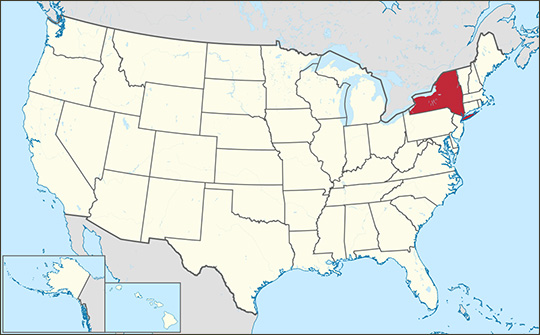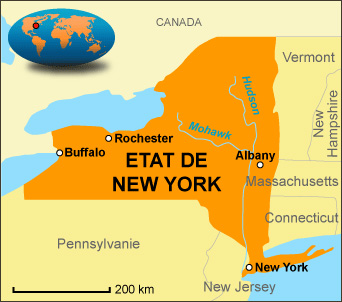Delay in providing the casino licences for New York


According to forecasts, the state commission in charge of selecting the places that would host new land-based casinos in the state of New York should make their decision by the end of November.
However, at this stage it seems unlikely that this will happen, as was just announced by Lee Park, the spokesman of the commission that oversees the process.
As there is no defined deadline, the commission wants to take all the time needed to do it right.
Several members of the commission have already publicly stated that the decision will not be made in November, as it was originally planned.
Casinos are too close
The Governor of the State of New York, Andrew Cuomo, has made proposals to open casinos in three regions: the Capital District, Catskills and the Eastern Southern Tier.
He has already granted exclusive contracts to certain Indian tribes, such as the Oneida Indian Nation.
This is the reason that the Committee may take longer than expected to make their decision.
In fact, some casino projects are planned to be built nearby existing facilities that are run by Indian tribes.
This is especially the case in the Seneca County.

The Turning Stone Resort Casino against the Lago Resort & Casino project
The question for the Committee is as to whether or not to accept the proposal for the construction of a complex in Tyre in the Seneca County, which would cost $425 million.
Named the Lago Resort & Casino, the project would be located just 80 miles west of the existing establishment Turning Stone Resort Casino which is operated by the Oneida Indian Nation.
Obviously, the leaders of the establishment, that also employs about 4,500 people, are putting pressure on the authorities to ensure that the project will never see the light day.
In fact, if built it may decrease their revenue by 70% as is outlined in a recent report that was commissioned and published by Mohawk Valley EDGE.
The investors behind the casino-hotel are now doing everything possible for the commission to accept their proposal.
They particularly argue that competition would force both casinos to offer the best deals, which would be beneficial for the consumers.









